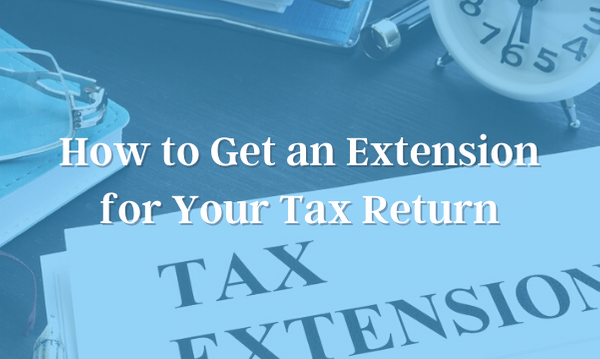The April deadline for filing your taxes will be here sooner than you know it. While it’s always beneficial to get all of your paperwork in as soon as possible, sometimes you might find yourself in need of a bitof extra time to get it done.
Fortunately, the IRS does offer opportunities for taxpayers to get extensions for their tax returns. But even if you do get the extension, you’ll still need to be aware of the following:
- You’ll still need to pay: The extension you get to file your tax return does not also grant you an extension to pay your tax bill. If you owe the government any taxes, you’ll still need to pay by the April deadline.
- You may need to estimate your payment: If you haven’t already filled out your paperwork, it can be difficult to determine how much money you need to pay. Your best bet, then, is to estimate and pay owed taxes by your regular deadline so you can avoid possible penalties.
- There’s a limited time to get in your extension request: You must fill out an extension request no later than the regular due date for your tax return. This means you need to be doing at least some planning ahead; you can’t just use the ability to get an extension as a fallback option if you suddenly find yourself past the due date.
Filing for an extension on your tax return is actually quite simple. Individual filers of all incomes can e-file for an extension using Free File.
Assuming you’re approved for the extension, you will then have until October 15, an extra six months, to get your return in. But to get the extension, you’ll need to use the proper form (it’s easy when done electronically) to estimate your tax liability and pay any amount owed.
If you will actually be due a tax refund, you should know that the extension of your tax return due date will also delay your ability to get that refund money. This is one further incentive for getting your tax return in on time, especially if you know you’ve got money coming your way.
Finally, you can also get a tax return extension by paying some or all of your estimated income tax that’s due, and then indicate you’re making that payment for an extension using tools like the Electronic Federal Tax Payment System (EFTPS), Direct Pay or a credit or debit card.
For more information about how you can get an extension for filing your tax return and the forms you need to fill out to make it happen, contact our team of tax preparation specialists at MCG Solutions with any questions you have.

